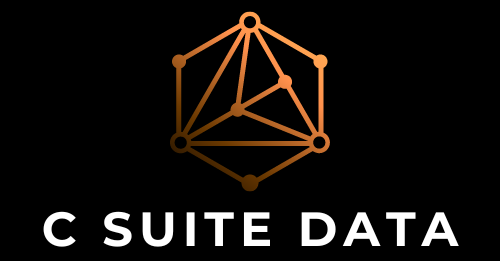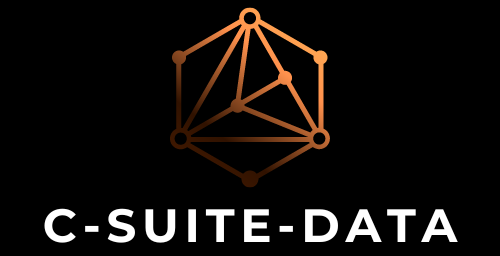Data Governance
Background
What is Data Governance?
Data governance is a comprehensive framework and set of practices aimed at ensuring the effective management, quality, usability, security, and compliance of an organization's data assets. It involves establishing policies, procedures, roles, responsibilities, and standards to govern the collection, storage, access, and usage of data throughout its lifecycle.
Key components of data governance include:
- Data Policies and Standards: Establishing policies and standards that define how data should be managed, including data classification, data retention, data security, and data privacy policies.
- Data Stewardship: Assigning responsibility for managing and maintaining data quality to designated data stewards who oversee the implementation of data governance policies and standards within specific business units or data domains.
- Data Quality Management: Implementing processes and tools to monitor, assess, and improve the quality of data, including data profiling, data cleansing, and data validation.
- Data Lifecycle Management: Managing the lifecycle of data from creation to archival or deletion, ensuring that data is retained for the appropriate duration and disposed of securely when no longer needed.
- Metadata Management: Capturing and managing metadata, which provides context and information about data assets, including data definitions, data lineage, and data usage.
- Data Security and Privacy: Implementing measures to protect sensitive data from unauthorized access, disclosure, or loss, in compliance with relevant regulations such as GDPR, HIPAA, or PCI DSS.
Symptoms of bad data governance:
- No clear priorities for IT
- No clear authority/approval for projects/initiatives
- No ‘Future Picture Target’ for all movement to fall in line with
- Disjoint solutions
- Too many vendors, styles
- No clear standards adhered to
- Lack of communication between IT and Business
- No good Data Strategy
What we do to help you accomplish good data governance:
- Create / Revise data strategy
- Initiate Governance Board and its processes
- Train and mentor on data related knowledge points
- Initiate data dictionary / Catalog
- Implement data architecture that facilitates data governance
Need Assistance With Data Quality Strategies?
Contact Us Today
At C-Suite-Data, we are committed to assisting in finding and solving your
data obstacles, leverage your data assets more effectively, and ensure that your data that you rely on is accurate, reliable, and actionable. We can help lead your business to improved decision-making, increased operational efficiency, and better business outcomes.
Where It Affects Your Business
HOW DOES DATA GOVERNANCE IMPROVE BUSINESS PERFORMANCE?
Data governance plays a crucial role in improving business performance in several ways:
- Enhanced Data Quality: By establishing standards, processes, and accountability for data quality, data governance ensures that data is accurate, consistent, and reliable. High-quality data leads to better-informed decision-making, reduced errors, and improved operational efficiency.
- Increased Trust and Confidence: Data governance instills trust and confidence in the reliability and integrity of data among stakeholders. When decision-makers have confidence in the data they rely on, they are more likely to make strategic decisions with conviction, leading to better outcomes.
- Improved Decision-Making: With consistent, reliable data available, organizations can make quicker, more informed decisions. Data governance ensures that decision-makers have access to the right data at the right time, enabling them to identify trends, opportunities, and risks more effectively.
- Reduced Risks and Costs: Effective data governance helps organizations mitigate risks associated with data breaches, compliance violations, and poor data quality. By proactively managing data security, privacy, and compliance, businesses can avoid costly penalties, legal issues, and reputational damage.
- Better Alignment with Business Goals: Data governance aligns data management practices with organizational objectives, ensuring that data initiatives support strategic priorities. By focusing on data assets that are most critical to business success, organizations can allocate resources more efficiently and drive growth.
- Increased Operational Efficiency: Streamlining data management processes through data governance leads to improved operational efficiency. By reducing manual interventions, data inconsistencies, and redundancies, businesses can optimize workflows and allocate resources more effectively.
- Enhanced Customer Experience: With better data governance, organizations can gain deeper insights into customer behavior, preferences, and needs. This enables them to deliver more personalized products, services, and experiences, leading to increased customer satisfaction and loyalty.
Questions?
Contact Us
Get all of your data and business related questions answered today!
All Rights Reserved | C-Suite-Data

